How to Revive a Dying Bonsai Tree: A Comprehensive Rescue Guide
Are you staring at a sad, wilting bonsai that looks like it’s on its last branches? Don’t panic! Even the most neglected bonsai can often be brought back from the brink of death with the right approach.
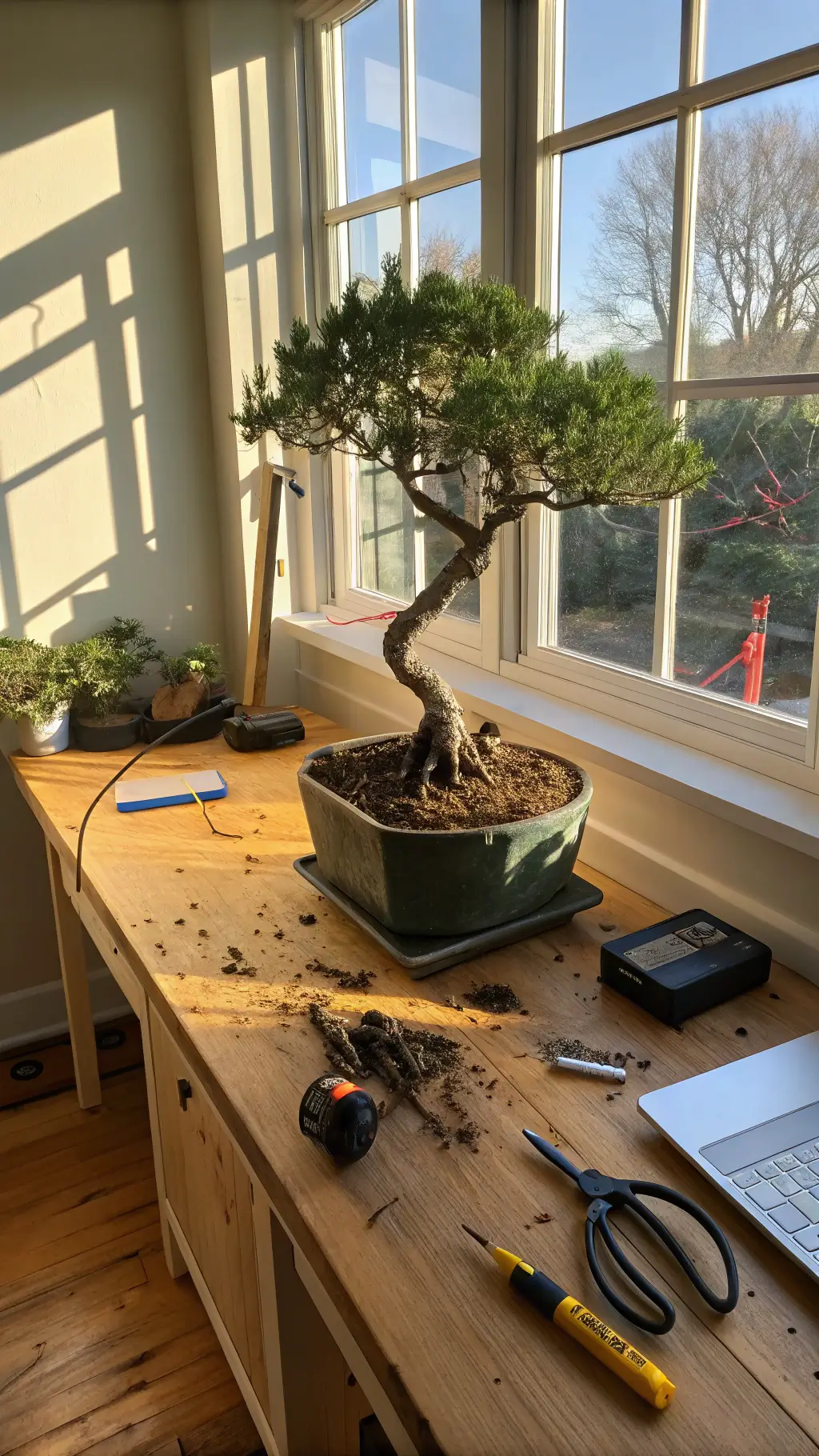
Understanding Bonsai Rescue: Is Your Tree Still Alive?
First things first – let’s determine if your bonsai has a fighting chance. Here’s how to check:
Perform the Scratch Test
- Gently scratch the bark with your fingernail
- Look for green tissue underneath
- Green = Hope! Brown and dry = Potential trouble
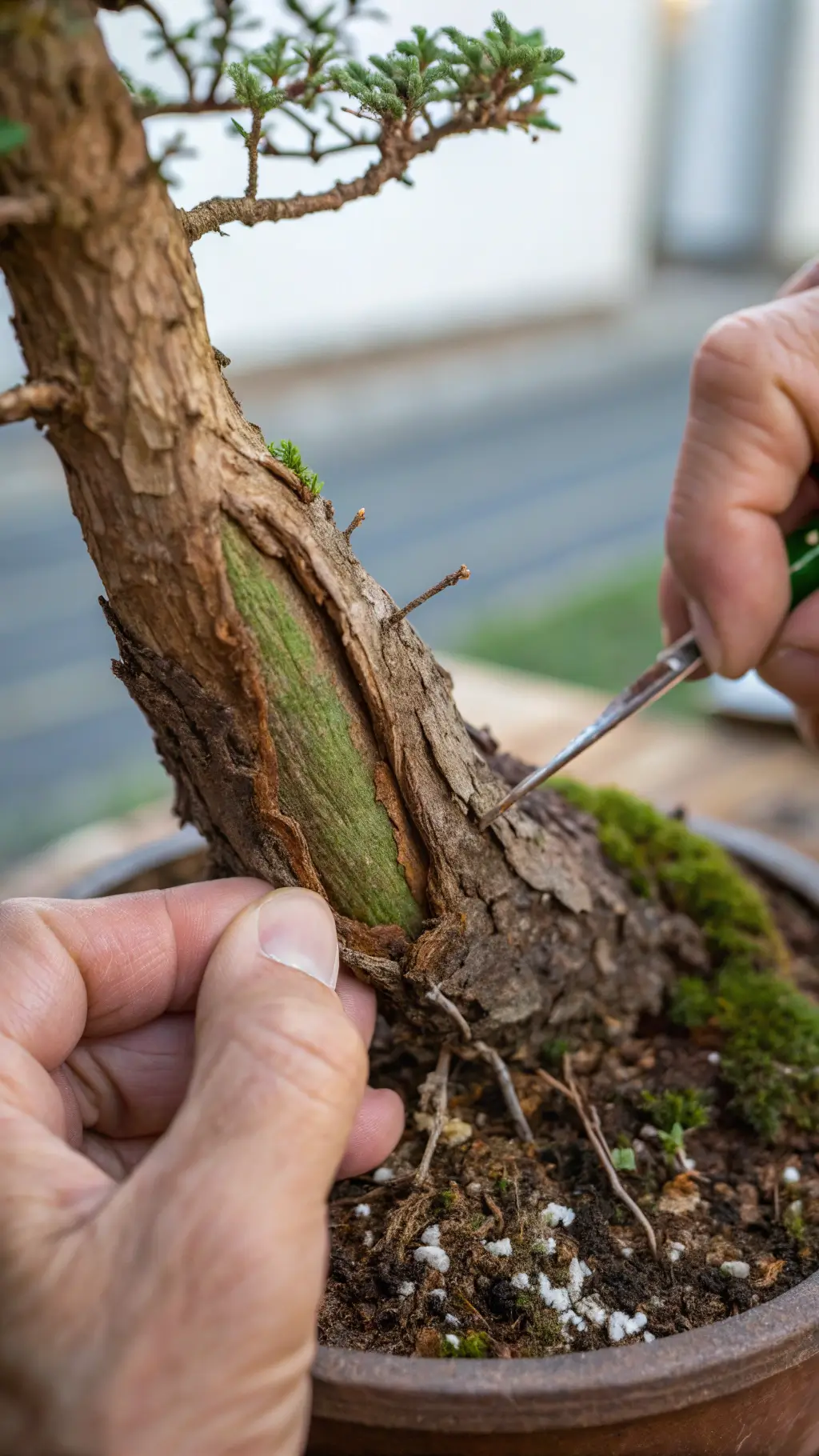
Critical First Steps to Revive Your Bonsai
1. Surgical Pruning: Removing the Dead Weight
- Use clean, sharp pruning tools
- Cut away:
- Dead branches
- Dried-out foliage
- Damaged roots
- Tip: Sterilize your tools between cuts to prevent potential infection
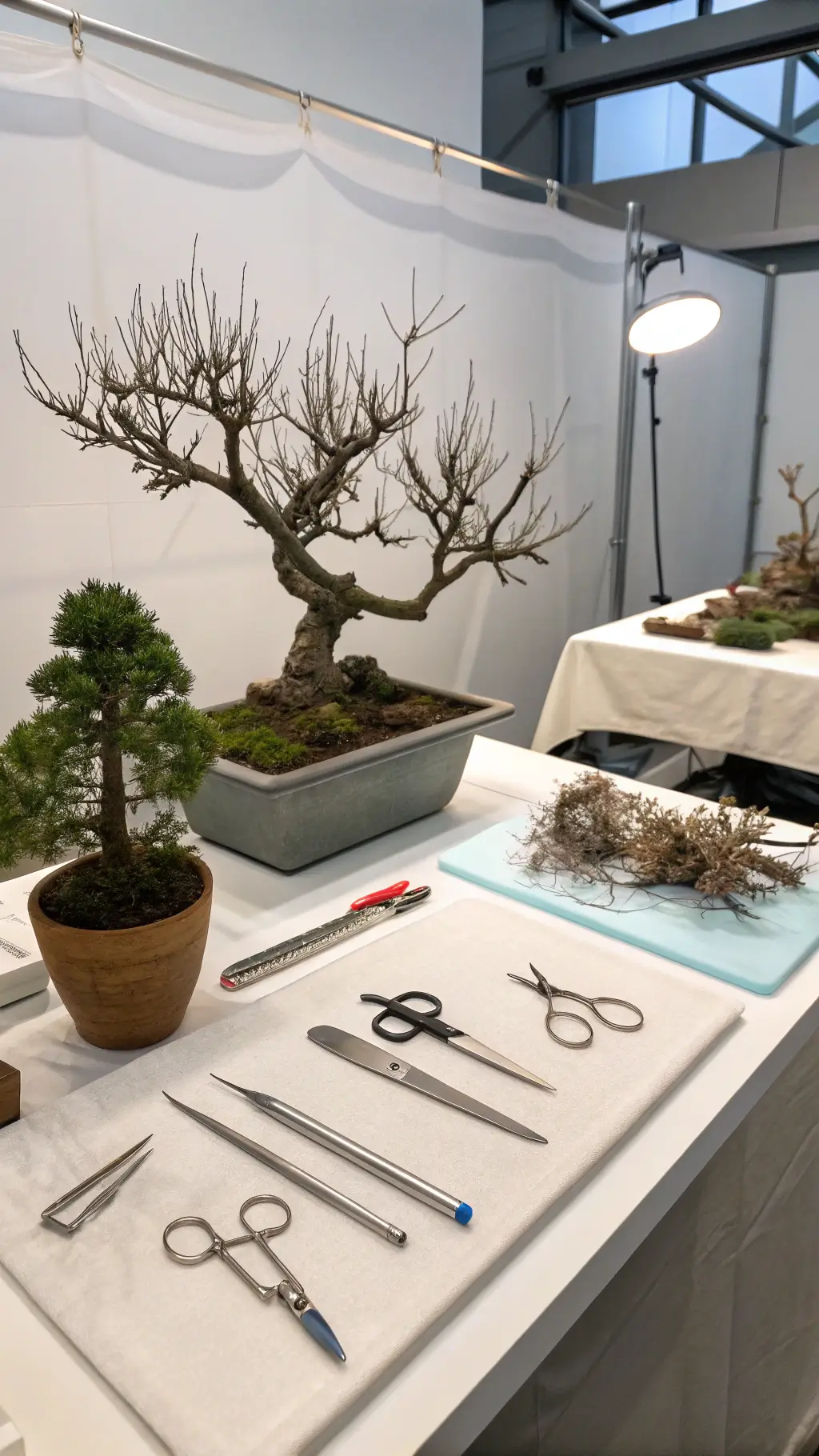
2. Soil Rehabilitation
- Choose a well-draining soil mix specific to bonsai
- Select a pot slightly larger than the current one
- Ensure proper drainage holes
- Gently replant with minimal root disturbance
Moisture and Environment: The Recovery Zone
Watering Strategy:
- Water thoroughly but strategically
- Allow soil to dry slightly between waterings
- Avoid waterlogging
- Pro tip: Use a moisture meter for precision
Humidity Boost Techniques:
- Create a mini greenhouse effect
- Cover with clear plastic bag
- Maintain consistent moisture
- Remove bag periodically for air circulation
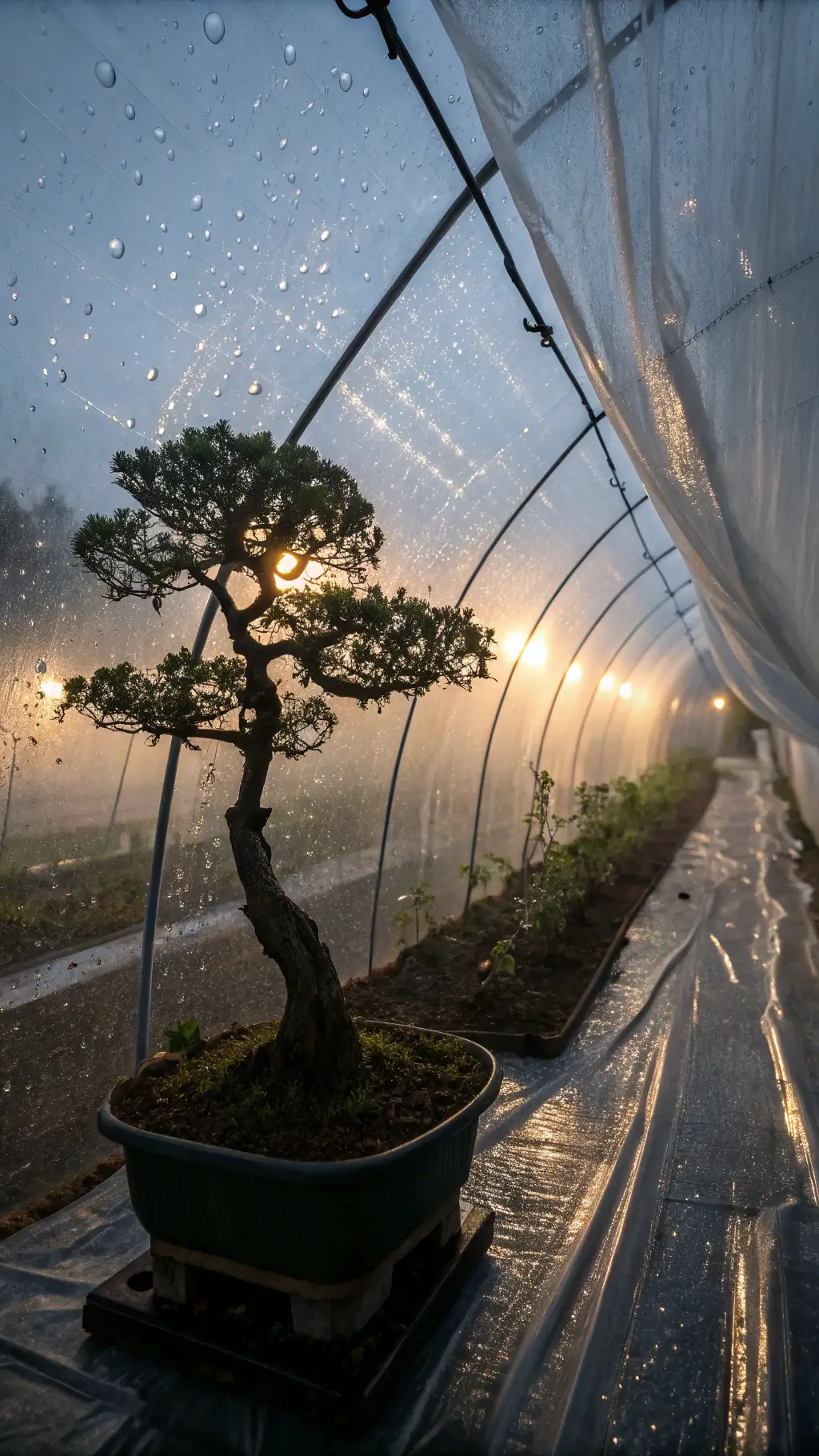
Light and Placement: Your Bonsai’s Healing Sanctuary
- Morning sun, afternoon shade
- Protect from extreme temperatures
- Avoid direct, harsh sunlight during recovery
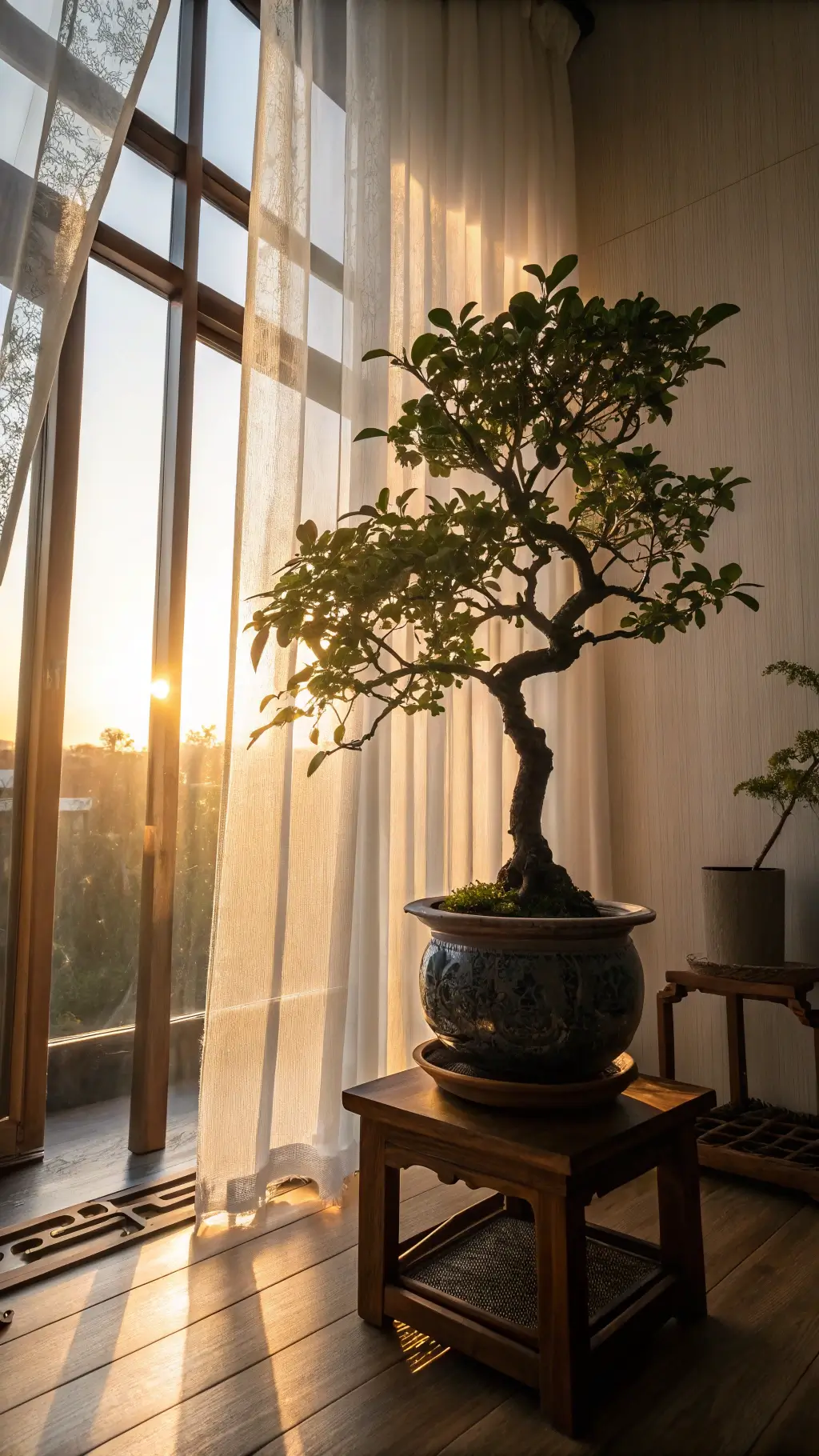
Nutrition and Patience: The Long Game
Fertilization Guidelines:
- Wait until new growth appears
- Start with highly diluted fertilizer
- Gradually increase strength
Recovery Timeline: What to Expect
- Weeks to months of recovery
- Some species might take an entire growing season
- Consistent, gentle care is key
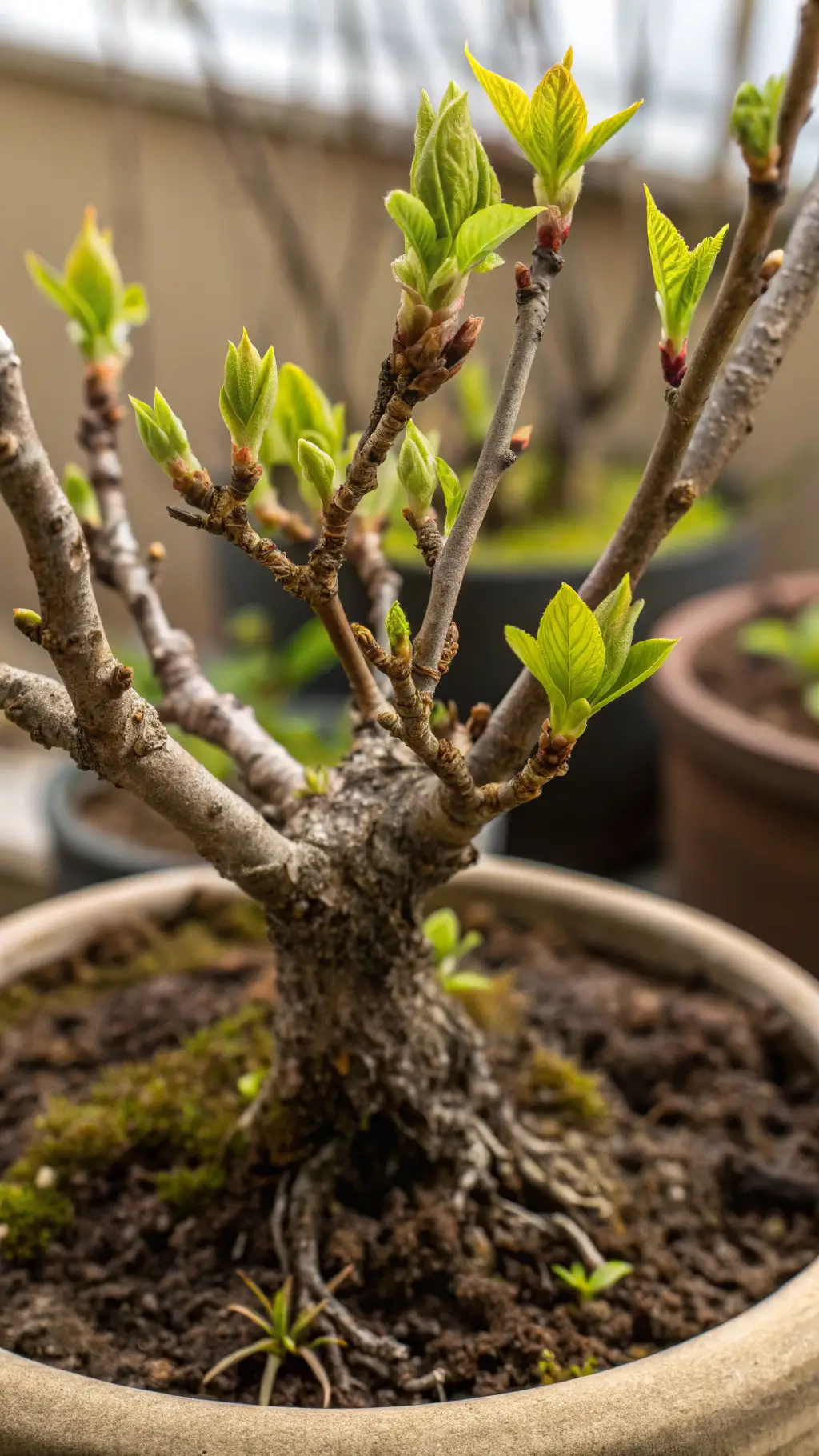
Warning Signs to Watch For:
- Continued leaf drop
- No new growth
- Pest infestations
- Fungal development
Pro Tips from a Bonsai Enthusiast:
- Never give up too quickly
- Understand your specific bonsai species
- Learn from each recovery attempt
- Document your tree’s progress
When to Seek Professional Help:
- Extensive root damage
- Unclear species-specific needs
- Persistent health issues
Final Thoughts: Bonsai Resilience
Every bonsai tells a story of survival. With patience, knowledge, and tender care, you can often bring these miniature trees back from the edge of extinction.
Your neglected bonsai isn’t just a plant – it’s a living artwork waiting to be restored to its former glory!
Disclaimer: While these techniques work in many cases, some severely damaged bonsai might not recover. Always approach revival with realistic expectations and genuine care.
